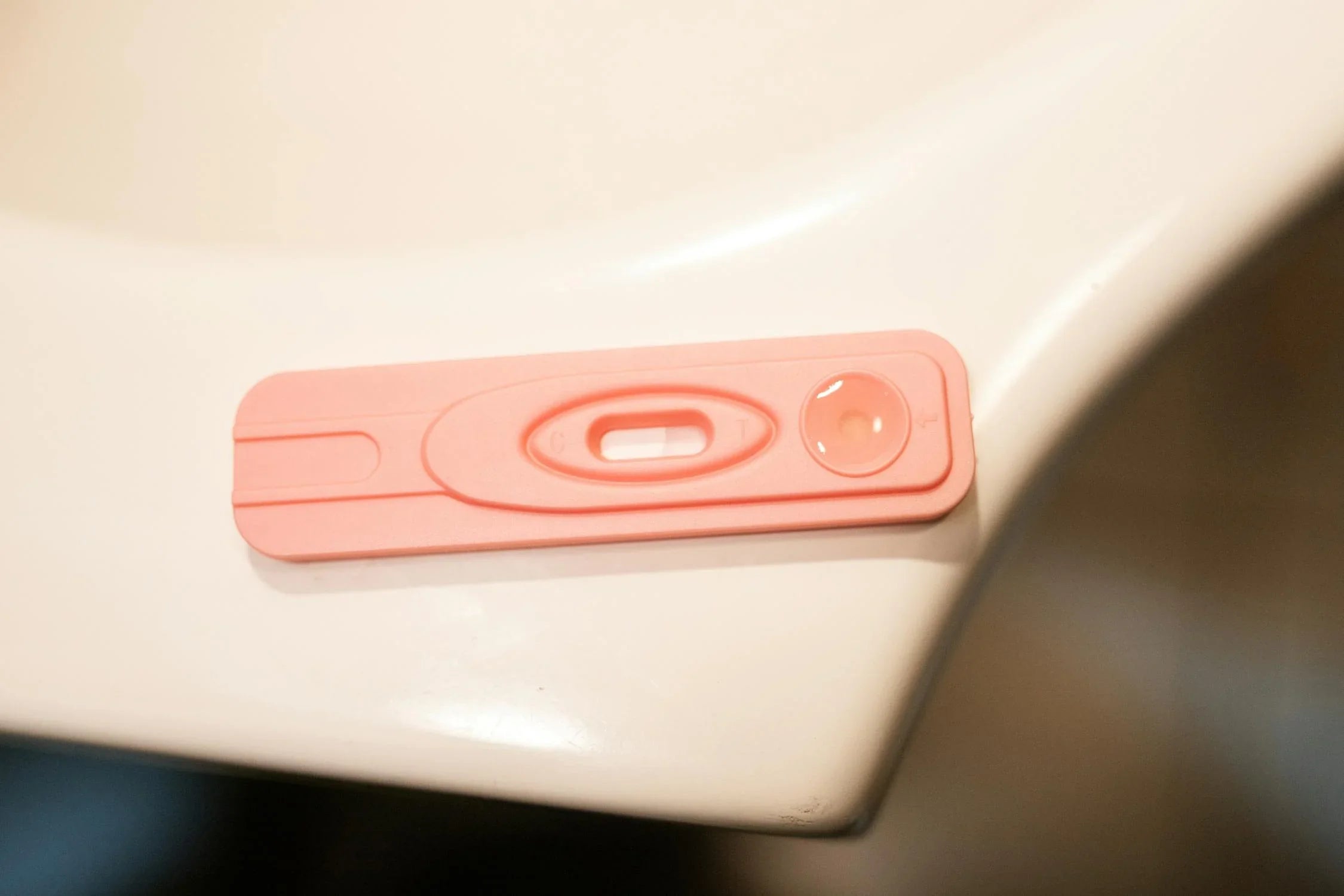Home
Pregnancy, Breastfeeding, and Pumping: The Ultimate Guide for Moms
How Soon to Test for Pregnancy After Intercourse: A Comprehensive Guide

How Soon to Test for Pregnancy After Intercourse: A Comprehensive Guide
Waiting to find out if you're pregnant can be an emotional rollercoaster. Knowing how soon to test for pregnancy after intercourse is crucial for accurate results and peace of mind. This guide will walk you through everything you need to know about timing, accuracy, and interpreting pregnancy test results.
Understanding the Basics of Pregnancy Testing
Pregnancy tests detect the presence of human chorionic gonadotropin (hCG), a hormone produced by the placenta after a fertilized egg attaches to the uterine lining. The timing of this hormone's production is key to determining when to take a pregnancy test.
When Does hCG Production Begin?
hCG production starts shortly after implantation, which typically occurs 6 to 12 days after fertilization. However, the levels of hCG are initially very low and may not be detectable by a pregnancy test immediately.
How Soon Can You Test After Intercourse?
The earliest you can test for pregnancy after intercourse is about 7 to 10 days post-ovulation. However, testing this early may not always yield accurate results due to low hCG levels. For the most reliable results, it's generally recommended to wait until after you've missed your period.
Factors Influencing Test Accuracy
Several factors can influence the accuracy of a pregnancy test, including the sensitivity of the test, the time of day you take the test, and how well you follow the test instructions. Early morning tests are often more accurate because urine is more concentrated.
Types of Pregnancy Tests
There are two main types of pregnancy tests: urine tests and blood tests. Urine tests are the most common and can be done at home, while blood tests are typically performed in a healthcare setting and can detect pregnancy earlier than urine tests.
Interpreting Test Results
Understanding how to interpret pregnancy test results is crucial. A positive result usually indicates pregnancy, but false positives can occur. Conversely, a negative result may not always mean you're not pregnant, especially if the test is taken too early.
What to Do If You Get a Positive Result
If you receive a positive pregnancy test result, it's important to confirm it with a healthcare provider. They can perform additional tests and provide guidance on next steps, including prenatal care.
What to Do If You Get a Negative Result
A negative result can be disheartening, especially if you're trying to conceive. If you suspect you might still be pregnant despite a negative test, consider waiting a few days and testing again or consulting a healthcare provider.
Common Mistakes to Avoid
To ensure the most accurate results, avoid common mistakes such as testing too early, not following the test instructions, or using an expired test. Always check the expiration date and read the instructions carefully before taking the test.
Emotional Considerations
The waiting period before taking a pregnancy test can be emotionally taxing. It's important to manage stress and anxiety during this time. Engaging in relaxing activities and seeking support from loved ones can help.
When to Seek Medical Advice
If you have concerns about your test results or experience symptoms of pregnancy despite negative tests, it's important to seek medical advice. A healthcare provider can offer additional testing and support.
Knowing how soon to test for pregnancy after intercourse can make all the difference in your journey. By understanding the timing, accuracy, and interpretation of pregnancy tests, you can approach this pivotal moment with confidence and clarity. Take the first step towards understanding your body and making informed decisions about your health and future.
Share
